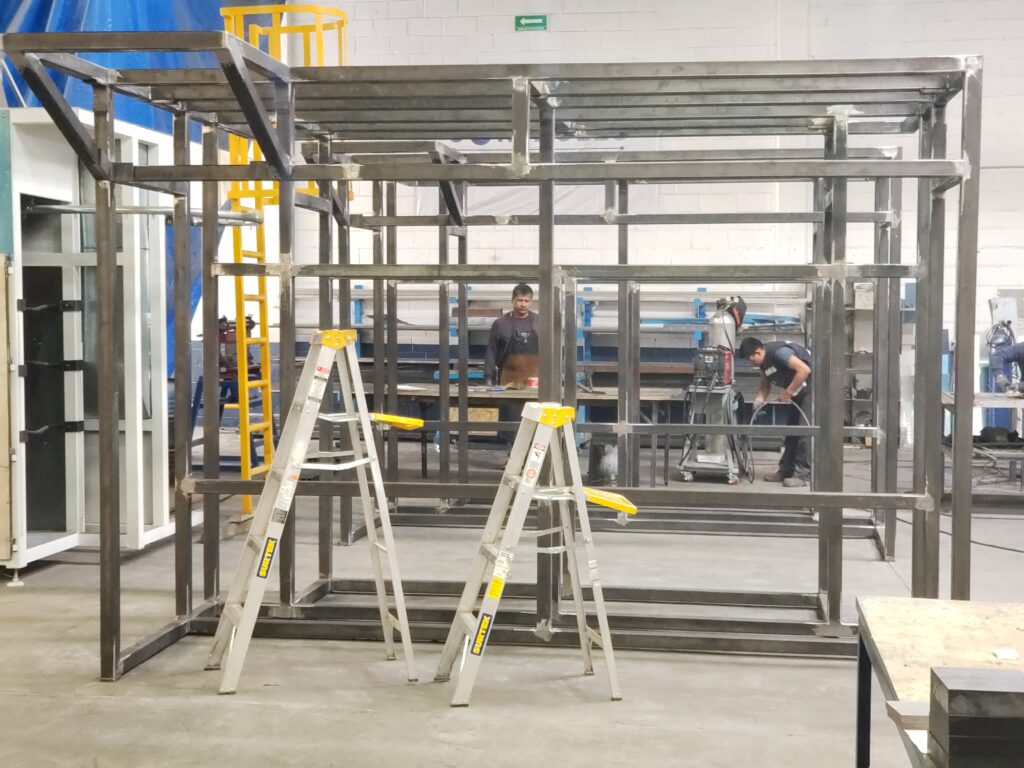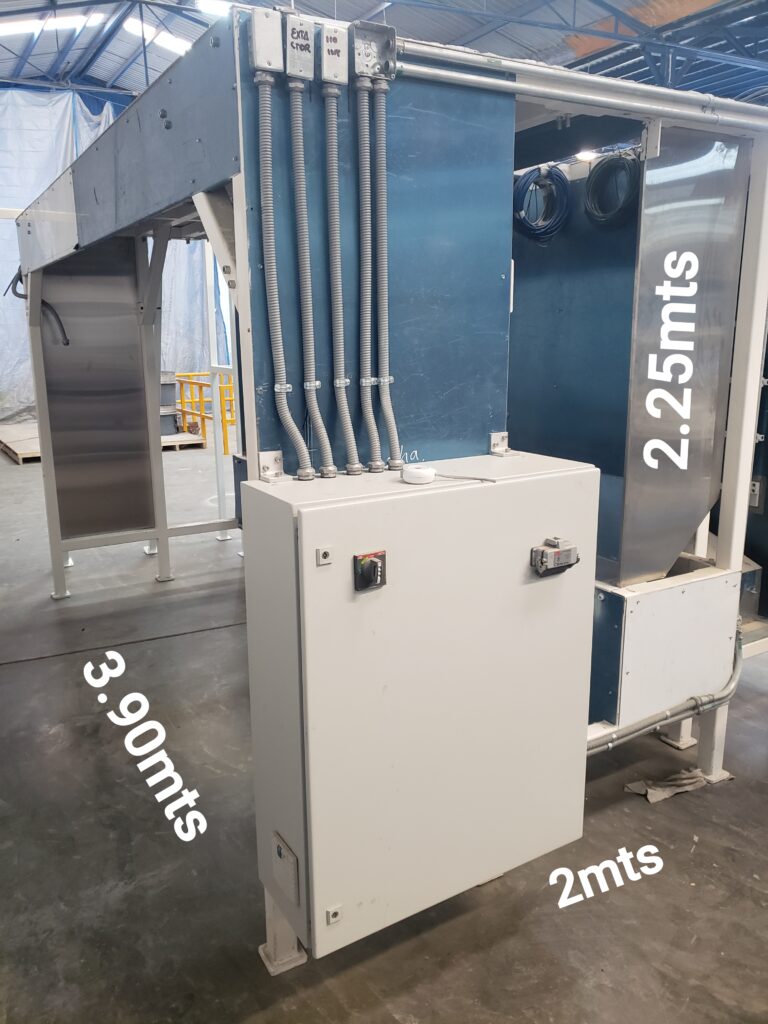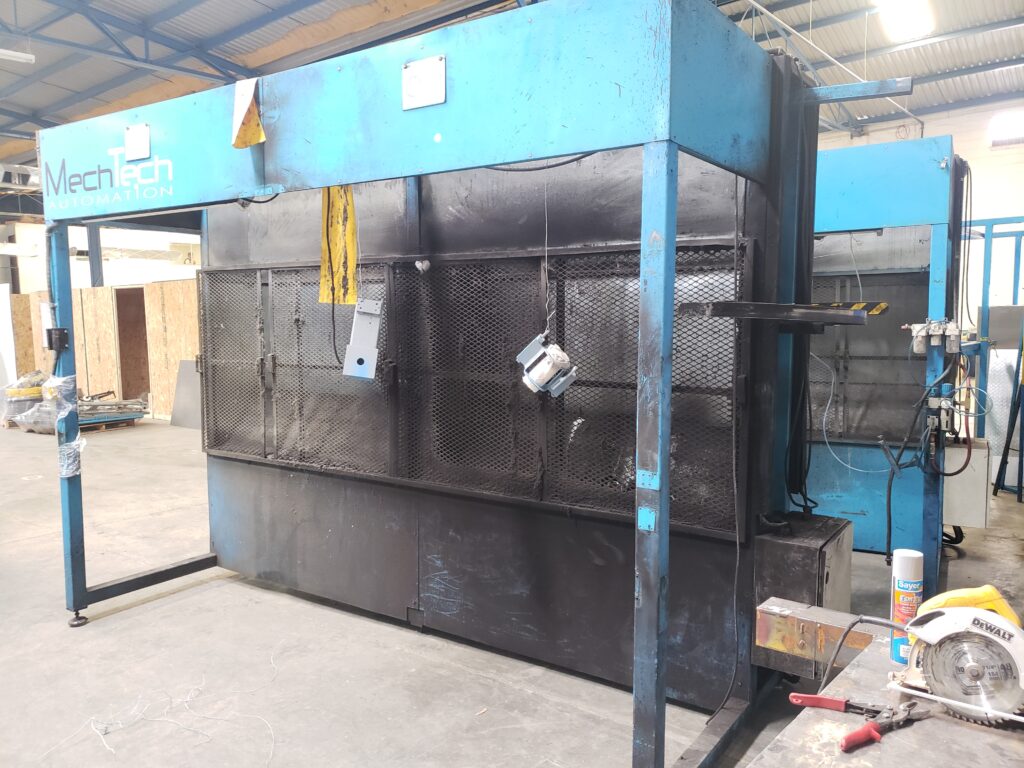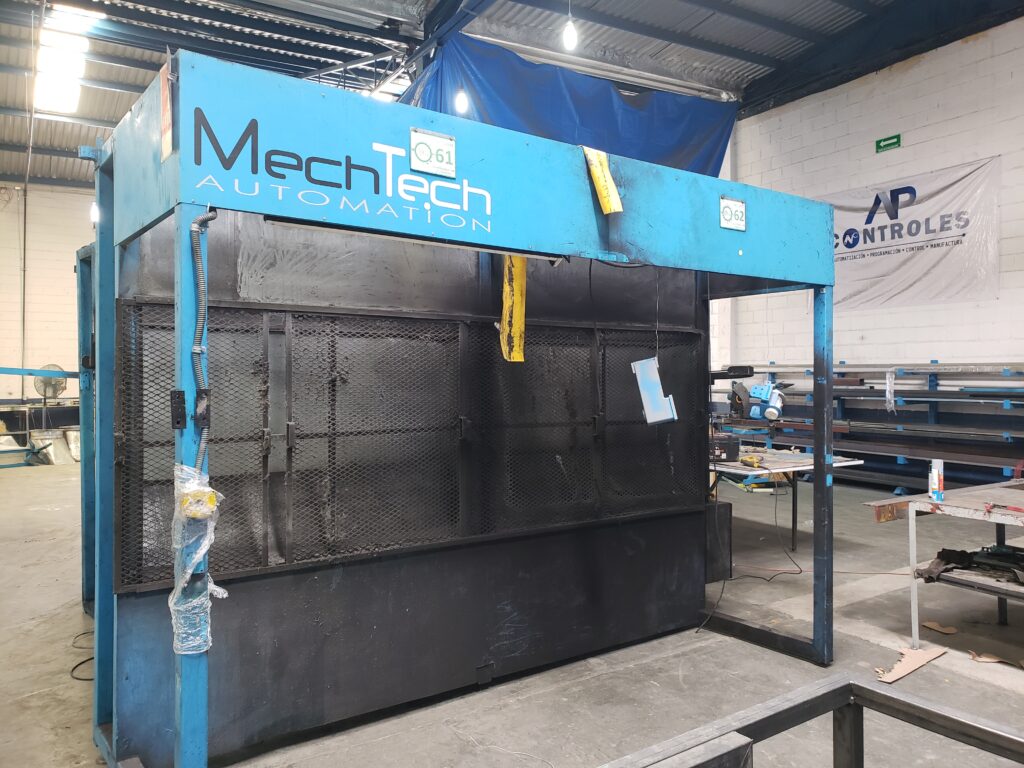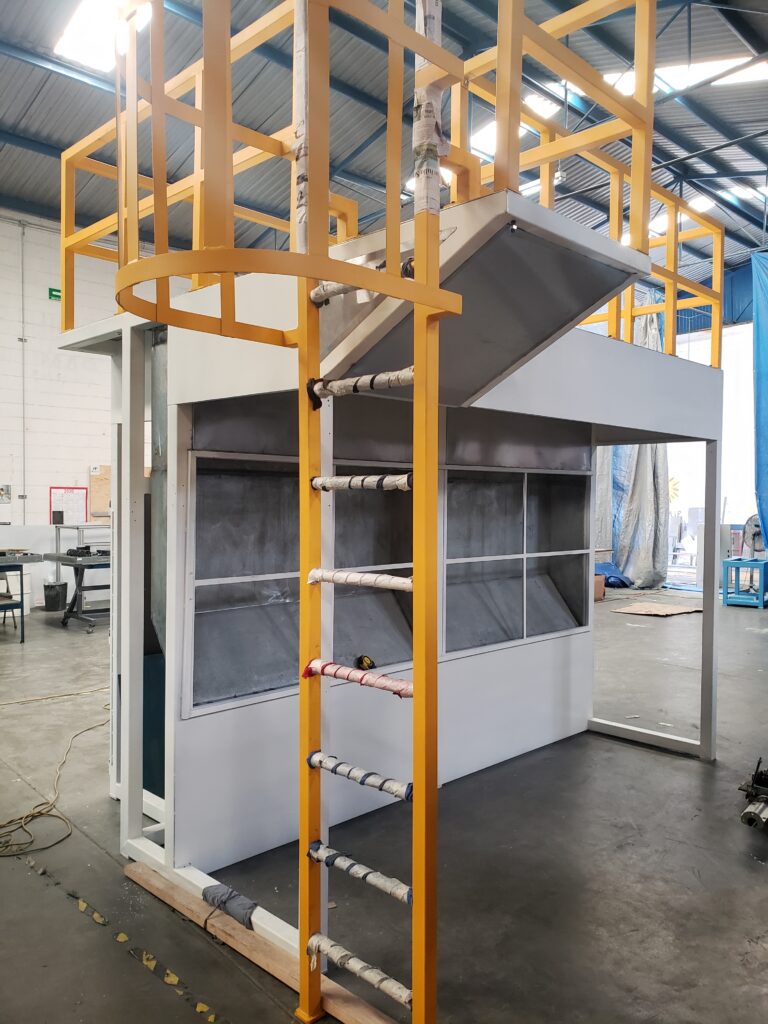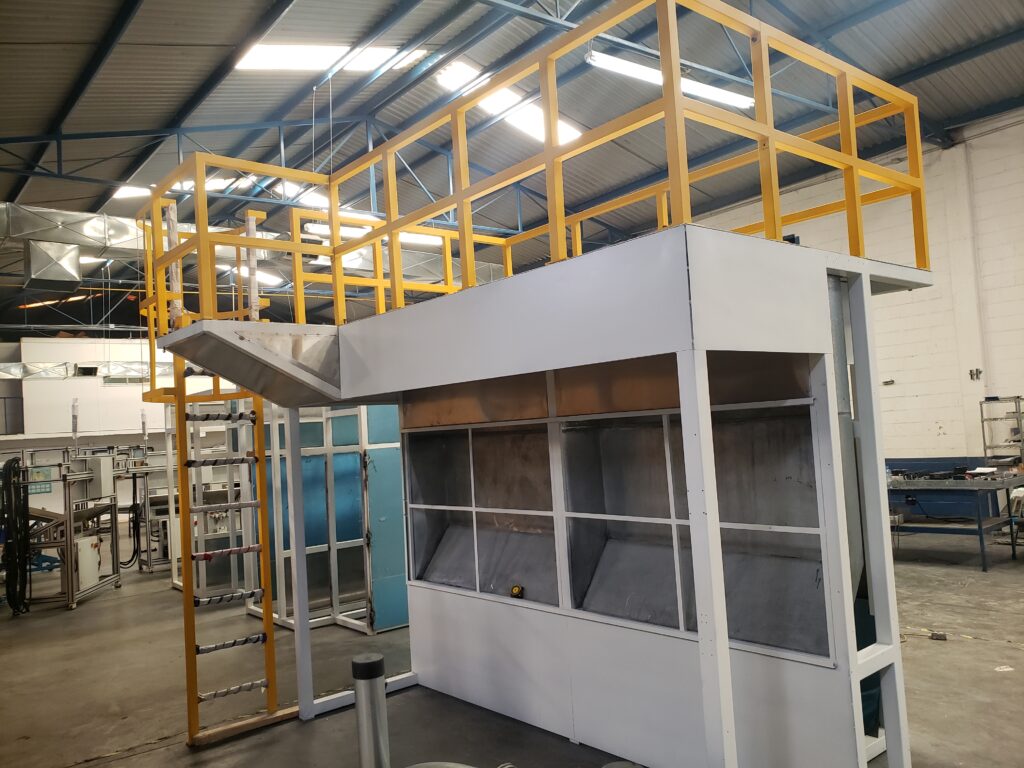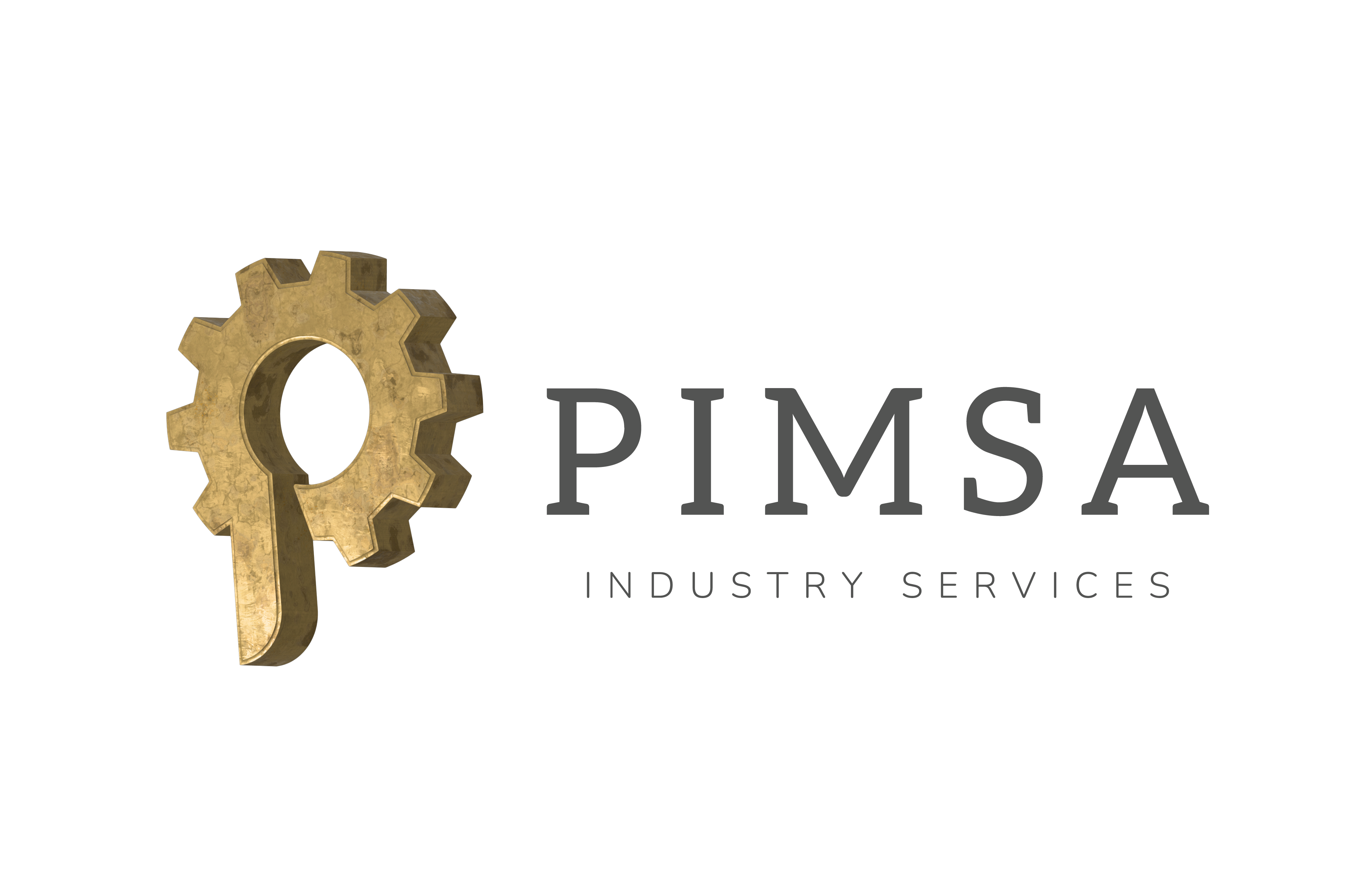PIMSACORP
Preventive Maintenance
Preventive maintenance is crucial in industry and many other sectors because of its ability to ensure efficient operation and extend the life of equipment and systems. Here I detail its importance:
1. Reduction of Downtime
Preventing Unexpected Failures: Preventive maintenance allows problems to be identified and corrected before they cause serious failures. This significantly reduces unplanned downtime, which is vital to maintaining business continuity.
Downtime planning:
Maintenance interventions can be scheduled during low activity periods or at planned times, minimizing the impact on production.
2. Equipment Life Extension
Reduced wear: Regular maintenance helps prevent premature wear of parts and components, extending the life of equipment. This maximizes the investment made in machinery and systems.
Optimal Performance: Well-maintained equipment operates more efficiently and with less effort, helping to prolong its functionality and efficiency.
3. Cost Savings
Reduced Repair Costs: Preventive maintenance is generally less expensive than emergency repairs. By addressing problems before they become serious, costly repairs and the need to replace entire equipment are avoided.
Energy Efficiency: Equipment in good condition tends to consume less energy, which reduces long-term operating costs.
4. Improvement of Safety
Accident Prevention: Preventive maintenance reduces the risk of failures that could cause work accidents, protecting workers and complying with safety regulations.
Compliance: Keeping equipment in good condition ensures that operations comply with safety and environmental regulations, avoiding fines and penalties.
Quality of the product
Consistent Production: Well-maintained equipment is less prone to failures that could affect product quality. This ensures uniform production and reduces the rate of defective products.
Reduction of rework: Minimizes the need for rework or waste due to technical or performance problems in the machinery.
6. Planning and Control
Inventory control: Preventive maintenance facilitates the management of spare parts and supplies inventories, as it allows to anticipate needs and avoid the lack of critical parts.
Forecasting Needs: With a well-structured maintenance program, it is easier to predict and budget maintenance costs, which helps in financial planning.
7. Sustainability and Environmental Responsibility
Waste Reduction: Regular maintenance reduces the amount of discarded equipment and components, promoting more sustainable practices.
Resource Efficiency: Equipment that works optimally uses fewer resources, contributing to a lower environmental impact.
8. Productivity Improvement
Increased Equipment Availability: With fewer failures and downtime, the equipment is available for use when needed, improving overall operations productivity.
Performance Optimization: Properly maintained equipment works more efficiently, increasing production and operational efficiency.
In short, preventive maintenance is essential to ensure operational efficiency, safety, and profitability of companies. It is a proactive strategy that helps prevent problems before they occur, ensuring that equipment and systems work optimally over time.
